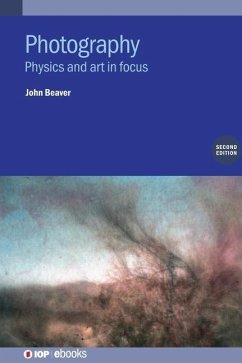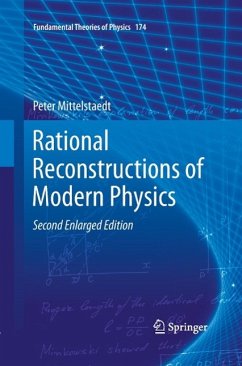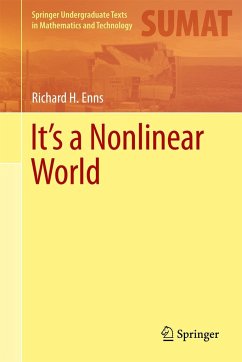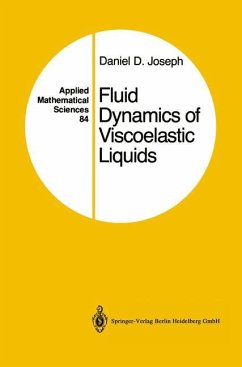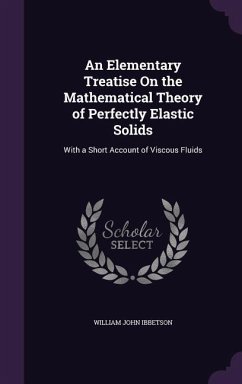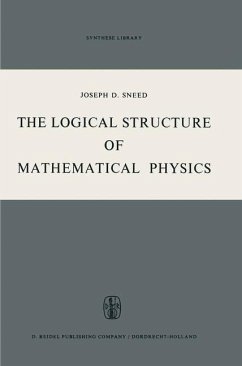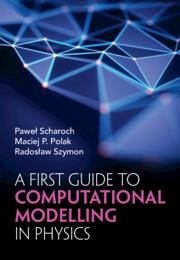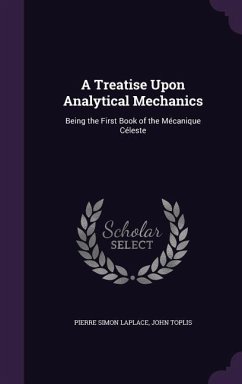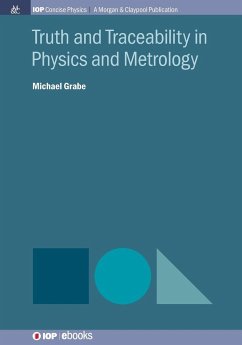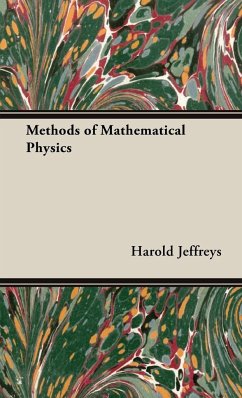
Methods of Mathematical Physics
Versandkostenfrei!
Versandfertig in 1-2 Wochen
44,99 €
inkl. MwSt.
Weitere Ausgaben:

PAYBACK Punkte
22 °P sammeln!
METHODS OF MATHEMATICAL PHYSICS by HAROLD JEFFREYS. Preface: This book is intended to provide an account of those parts of pure mathematics that are most frequently needed in physics. The choice of subject-matter has been rather difficult. A book containing all methods used in different branches of physios would be impossibly long. We have generally included a method if it has applications in at least two branches, though we do not claim to have followed the rule invariably. Abundant applications to special problems are given as illustrations. We think that many students whose interests are ma...
METHODS OF MATHEMATICAL PHYSICS by HAROLD JEFFREYS. Preface: This book is intended to provide an account of those parts of pure mathematics that are most frequently needed in physics. The choice of subject-matter has been rather difficult. A book containing all methods used in different branches of physios would be impossibly long. We have generally included a method if it has applications in at least two branches, though we do not claim to have followed the rule invariably. Abundant applications to special problems are given as illustrations. We think that many students whose interests are mainly in applications have difficulty in following abstract arguments, not on account of incapacity, but because they need to see the point before theit Interest can be aroused. . v A knowledge of calculus is assumed. Some explanation of the standard of rigour and generality aimed at is desirable. We do not accept the common view t at any argument is good enough if it is intended to be used by scientists. We hold that it is as necessary to science as to pure mathematics that the fundamental principles should be clearjy stated and that the conclusions shall follow from them. But in science it is also necessary that the principles taken as fundamental should be as closely related to observation as possible it matters little to pure mathematics what is taken as fundamental, but it is of primary importance to science. We maintain therefore that careful analysis is more important in science than in pure mathematics, not less. We have also found repeatedly that the easiest way to make a statement reasonably plausible is to give a rigorous proof. Some of the most important results e. g. Cauchys theorem are so surprising at first sight that nothing short of a proof can make them credible. On the other hand, a pure mathematician is usually dissatisfied with a theorem until it has been stated in its most general form. The scientific applications are often limited to a few special types. We have therefore often given proofs under what a pure mathematician will consider unneces sarily restrictive conditions, but these are satisfied in most applications. Generality is a good thing, but it can be purchased at too high a price. Sometimes, if the conditions we adopt are not satisfied in a particular problem, the method of extending the theorem will be obvious but it is sometimes very difficult, and we have not thought it worth while to make elaborate provision against cases that are seldom met. For some exten sive subjects, which are important but need long discussion and are well treated in some standard book, we have thought it sufficient to give references. We consider it especially important that scientists should have reasonably accessible statements of conditions for the truth of the theorems that they use. One often sees a statement that some result has been rigorously proved, unaccompanied by any verifica tion that the conditions postulated in the proof are satisfied in the actual problem and very often they are not. This misuse of mathematics is to be found in most branches of science. On the other hand, many results are usually proved under conditions that are sufficient but not necessary, and scientists often hesitate to use them, under the mistaken belief that they are necessary...




